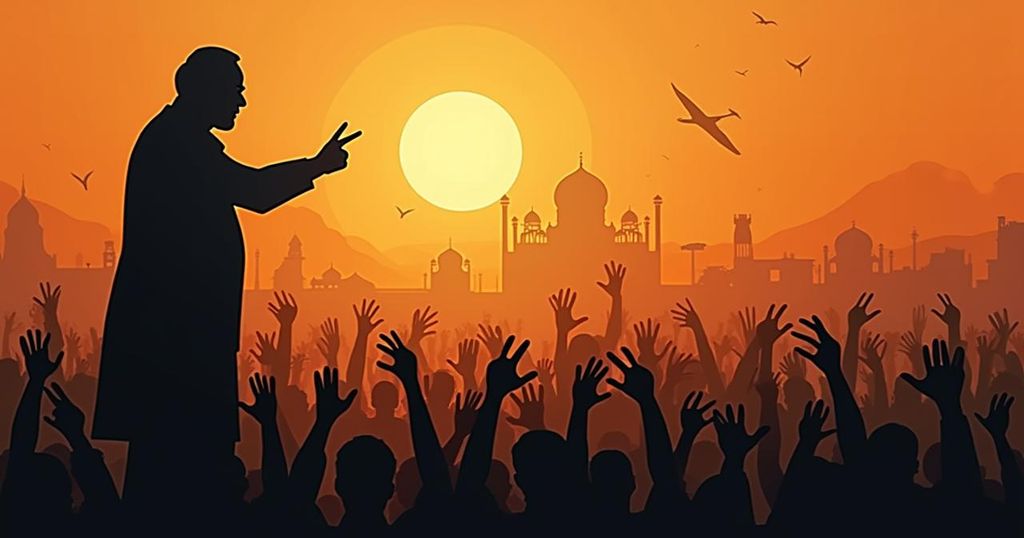India’s recent elections in Haryana and Jammu and Kashmir offer mixed outcomes for Prime Minister Narendra Modi’s Bharatiya Janata Party—strong results in Haryana contrasted by overwhelming opposition victories in Jammu and Kashmir. These events reflect a potential shift towards localized politics, challenging broader national narratives that Modi had previously utilized to galvanize support.
In the latest political developments in India, two pivotal elections in Haryana and Jammu and Kashmir have emerged as significant indicators of Prime Minister Narendra Modi’s electoral influence, particularly following his party’s unexpected setback in the national elections earlier this summer. In Haryana, the results were remarkably favorable for Mr. Modi’s Bharatiya Janata Party (B.J.P.), defying predictions that heavily favored the opposition Congress Party, whose leaders had already commenced discussions regarding anticipated gains. Contrary to expectations, the B.J.P. retained control of the state, delivering a critical message about the reliability of exit polls. Conversely, in Jammu and Kashmir, the B.J.P.’s efforts to establish dominance faced considerable challenges. The opposition, led by Congress and its allies, achieved a sweeping victory, demonstrating a resurgence of local political dynamics. This reveals a shift towards prioritizing regional issues over national narratives, suggesting that electoral outcomes may hinge on local contexts rather than overarching national narratives championed by Mr. Modi. Historically, Mr. Modi has exhibited a remarkable ability to galvanize support across different electoral arenas, projecting India’s image as a global Hindu power. However, the recent elections expose an erosion of this perceived invincibility. After suffering a blow during the national parliamentary elections, where the B.J.P. lost its outright majority yet managed to remain the largest party by forming a coalition, Mr. Modi’s stature has been somewhat diminished amidst rising expectations from the electorate.
The political landscape in India has entered a complex phase, especially following the summer’s national elections where Prime Minister Narendra Modi’s Bharatiya Janata Party lost its majority. This has created uncertainty around Mr. Modi’s electoral strength and the future of his administration. The recent elections in the states of Haryana and Jammu and Kashmir serve as critical tests of Modi’s ongoing appeal and political maneuvering. Haryana, traditionally a B.J.P. stronghold, showed positive results for the ruling party, while Jammu and Kashmir presented formidable challenges, indicating possible shifts in local political sentiments and priorities.
The recent electoral outcomes in Haryana and Jammu and Kashmir serve as illuminating case studies reflecting the nuanced dynamics of Indian politics. While the B.J.P. demonstrated resilience in Haryana, the significant victories for the opposition in Jammu and Kashmir suggest a potential recalibration of political allegiances focused on local issues. Ultimately, these developments indicate that Prime Minister Modi’s path ahead may require adaptation to a landscape where regional considerations hold considerable weight, thereby making coalition-building increasingly critical.
Original Source: www.nytimes.com






